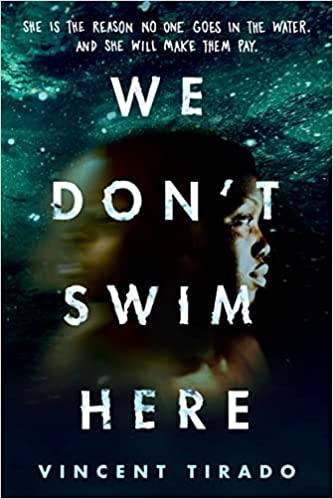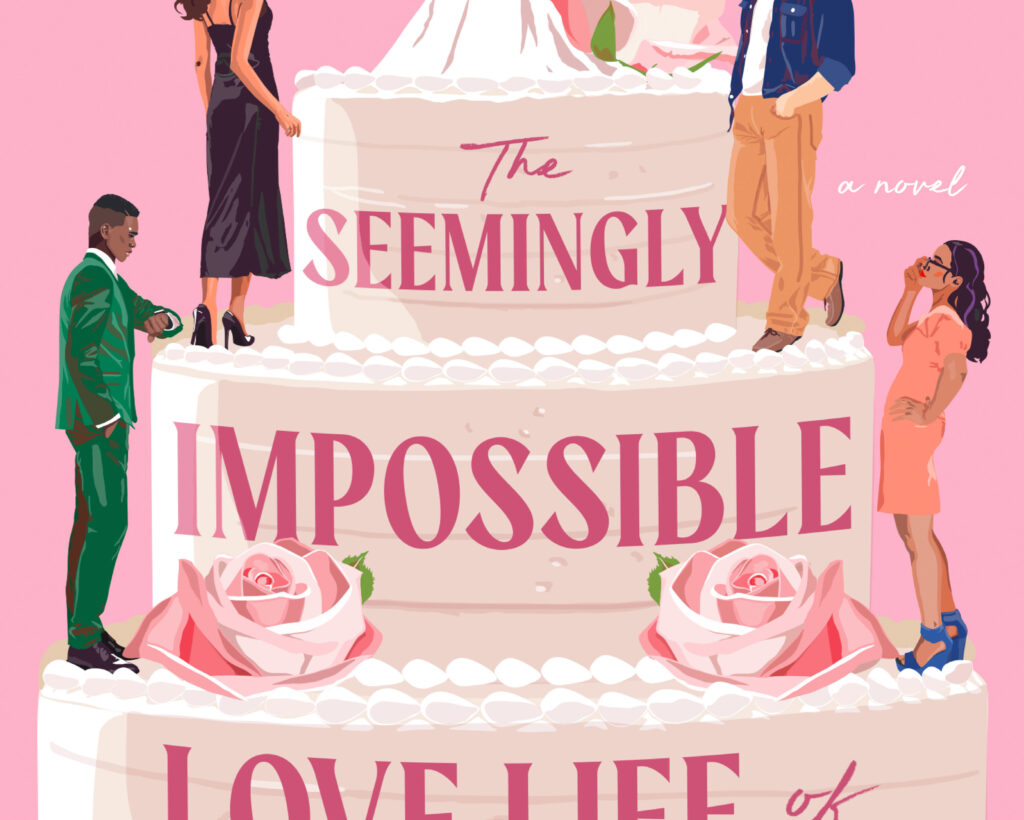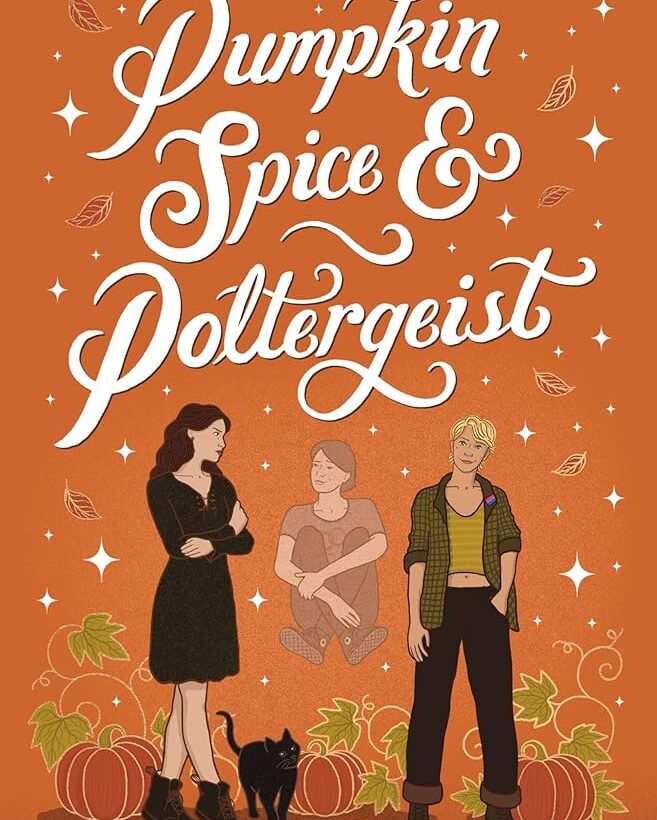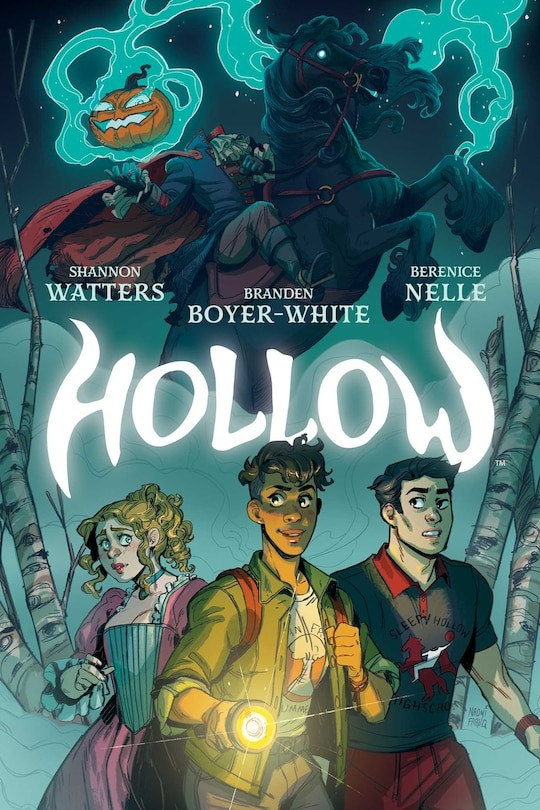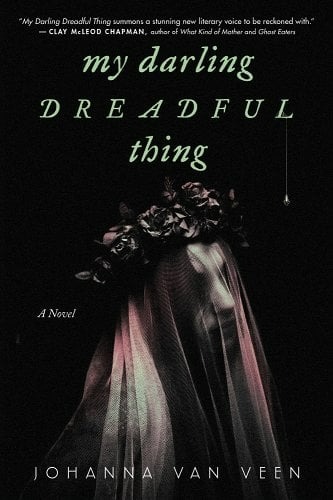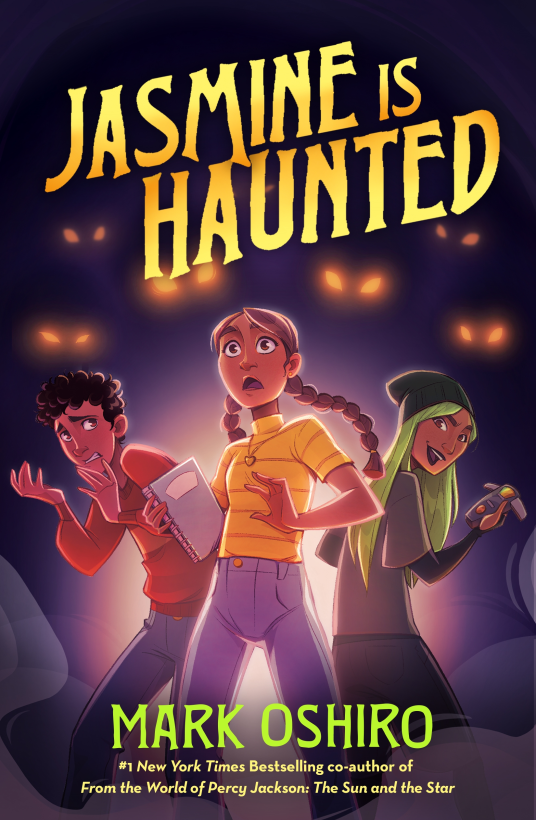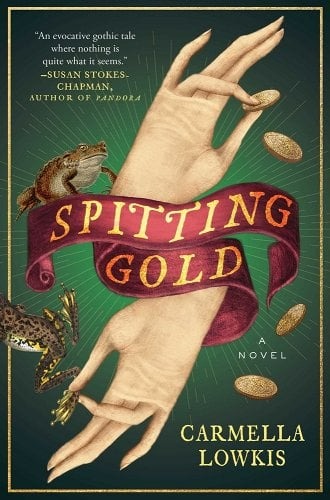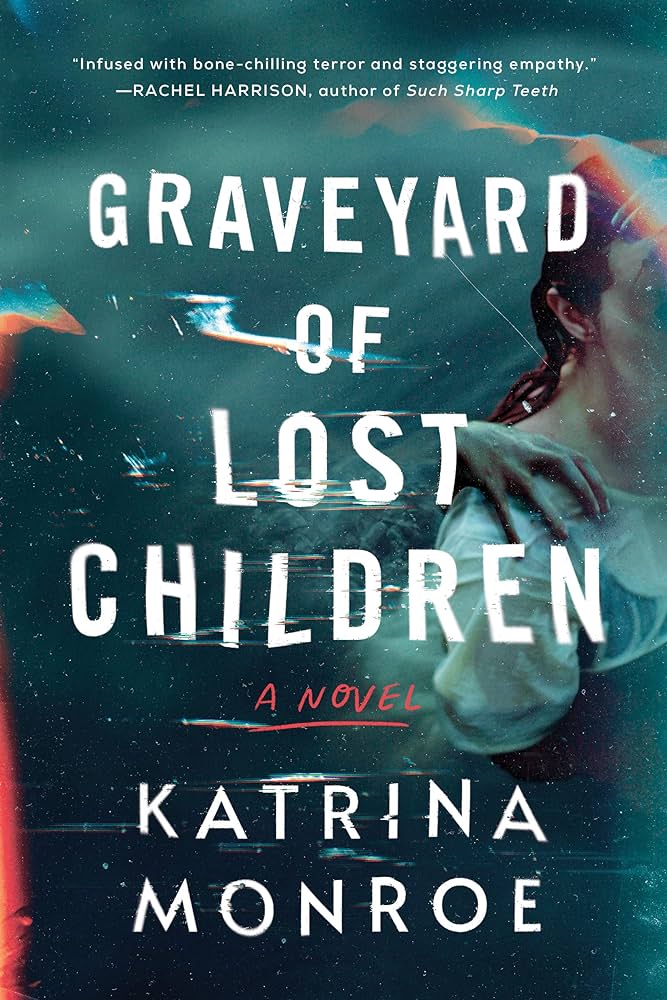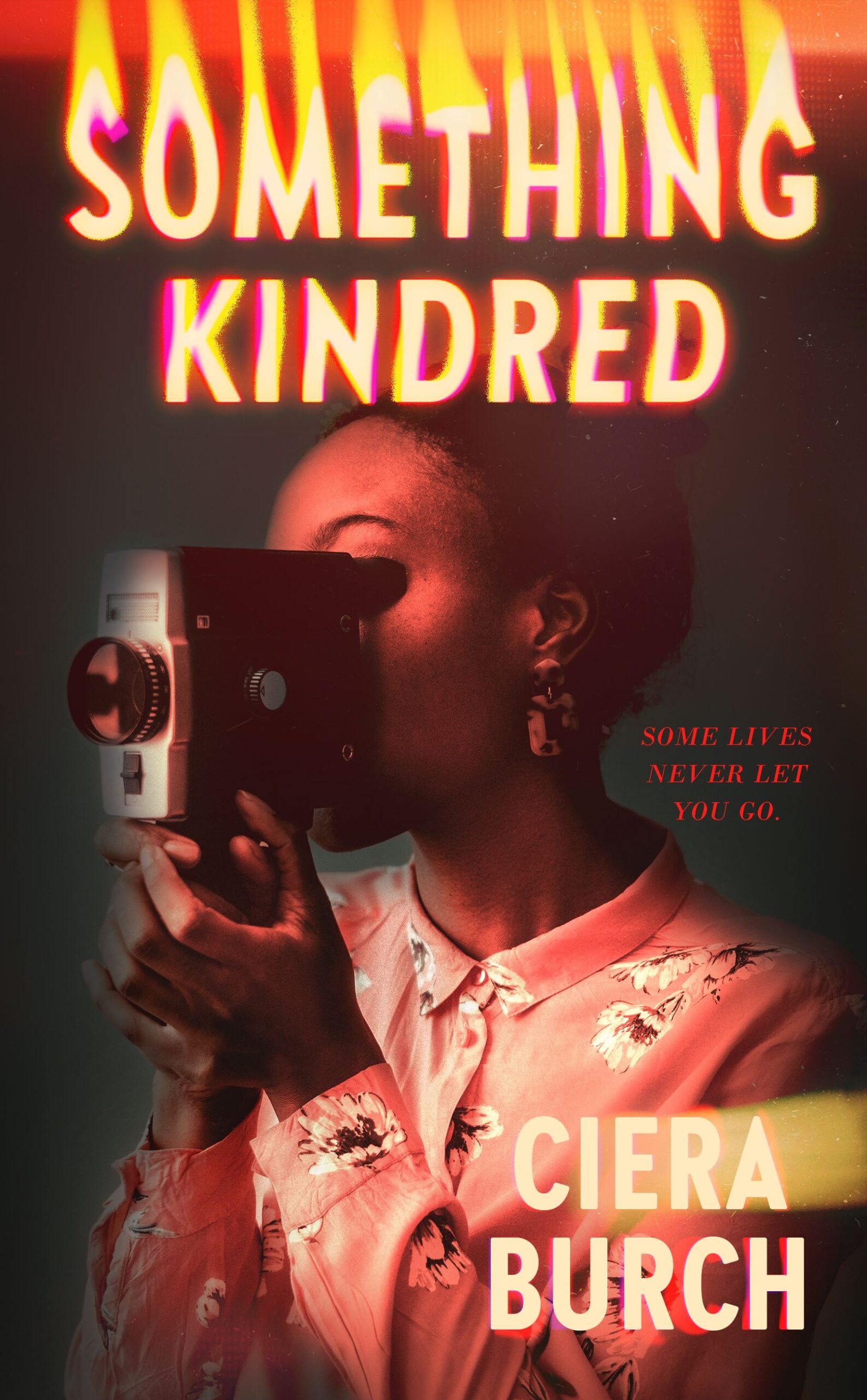Tirado’s second young adult horror novel is an alternating POV story following two main characters: cousins, Anais and Bronwyn. Anais has always lived in the small, rural, secluded town of Hillwoods, a place to which Bronwyn is now forced to move so that her entire family may spend time with her grandmother while she’s inRead More
3 Sapphic Books I Rated 3 Stars (That You Might Rate 5 Stars)!
One of the biggest struggles I have as a reviewer for the Lesbrary is wanting to present only the sapphic stories that I believe to be the best. I am very much aware that I am a consumer, not a creator, and that if asked to create an original story, I would not fare nearlyRead More
Celebrate Halloween All Year with a Supernatural Cozy Mystery Romance: Pumpkin Spice & Poltergeist
The term “cozy mystery” first registered with me shortly after finishing Real Murders, the first book in the Aurora Teagarden series, written by Charlaine Harris. It probably goes without saying, but I’ve read that series and just about all the other books she’s written, including the Southern Vampire Mysteries. You know, the Sookie Stackhouse books. I’mRead More
Pick Up These Sapphic YA Graphic Novels for a Halloween Romp
Last weekend was Dewey’s 24 Hour Readathon, and every October readathon, I pack my TBR full of short Halloween-themed reads. Naturally, those are usually queer. This year, I’ve discovered a couple of sapphic YA graphic novels that are perfect Halloween romps. They give Halloween vibes—one even has a talking Jack o’Lantern!—but aren’t too scary. They’reRead More
The Perfect Queer Gothic to Read on Halloween: My Darling Dreadful Thing by Johnna van Veen
I’ve been trying to spend the fall reading Gothic fiction, and as Halloween approaches, Johanna van Veen’s queer Gothic horror novel, My Darling Dreadful Thing (Poisoned Pen Press, 2024), is the perfect book for this time of year! Veen’s debut novel follows Roos Beckman in the 1950s. Roos has a spirit companion, Ruth, has been dead forRead More
Grief and the Gay Supernatural Alliance: Jasmine is Haunted by Mark Oshiro
Jasmine Garza is tired of moving, she’s tired of switching schools, and she’s tired of her Mami not believing her. Ever since her father died, she’s been haunted—but not by him. By a ghost who wants to ruin her life, apparently, because it keeps getting her into trouble. She’s tried to talk to her MamiRead More
A Twisty Sapphic Spiritualist Con: Spitting Gold by Carmella Lowkins
Buy this from Bookshop.org to support local bookstores and the Lesbrary! Carmella Lowkins’s new historical novel, Spitting Gold (Atria Books 2024), is a fabulously atmospheric story with a twisting plot that keeps you guessing until the very end! Spitting Gold is set in nineteenth-century Paris. Baroness Sylvie Devereux has worked tirelessly for years to distance herself from herRead More
Ghosts or Post-Partum Depression? Graveyard of Lost Children by Katrina Monroe
Buy this from Bookshop.org to support local bookstores and the Lesbrary! After giving birth to her daughter, Olivia is struggling—not just with being a first-time mother, but mostly from being haunted. She hears voices whispering terrible things to her, a black-haired ghost is following her in her nightmares, and her body is deteriorating rapidly fromRead More
A Southern Gothic Coming of Age: Something Kindred by Ciera Burch
Buy this from Bookshop.org to support local bookstores and the Lesbrary! When I picked this up, I was expecting a horror novel. And that makes sense, because it does have a lot of ghosts in it. But the ghosts are more a part of the setting than the plot; while they’re literally present in theRead More
Haunted by the Past: She is a Haunting by Trang Thanh Tran
Buy this from Bookshop.org to support local bookstores and the Lesbrary! Horror is a very broad genre, and, I am inclined to say, a particularly personal one, seeing as what scares one person may not scare another, or, on the other hand, it might scare them too much. I myself love a good haunted house,Read More
